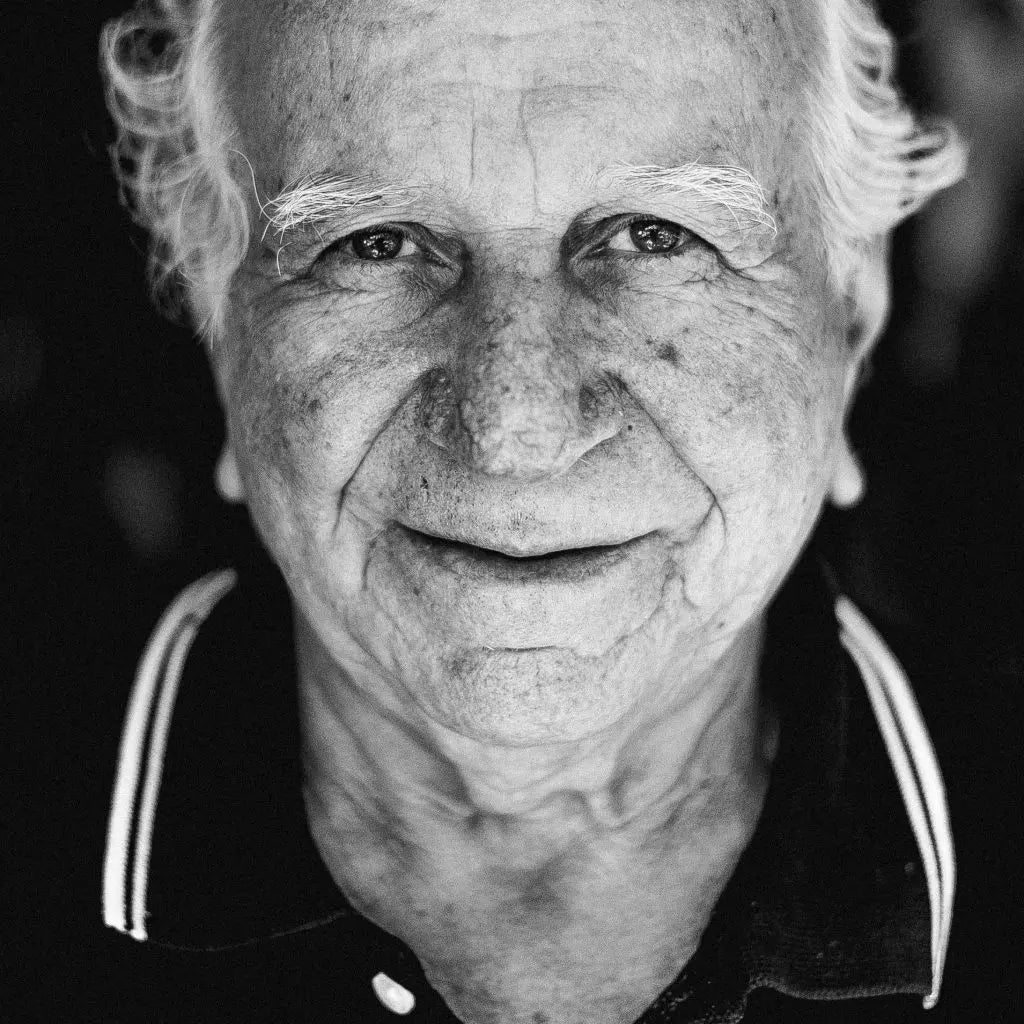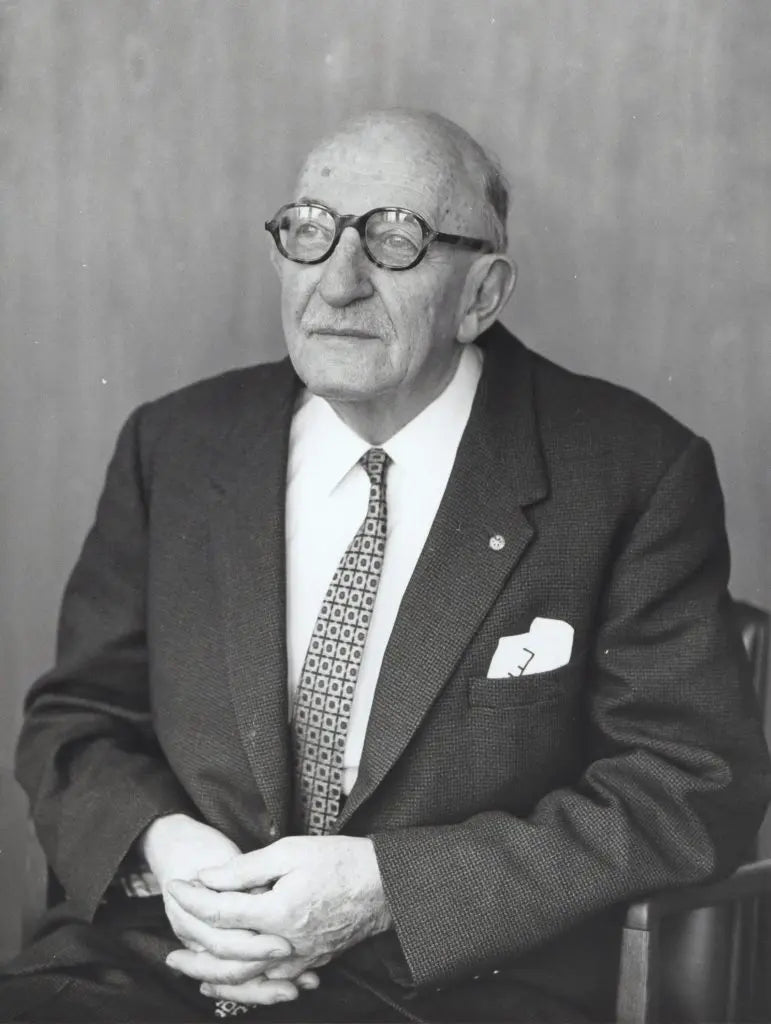Myth One: A person with hearing loss will be old.
Over 3.55 million Australians suffer from a hearing loss, with nearly half of these of working age (16-64 years)1. Hearing loss can be diagnosed at any time during our lives and can occur through mechanisms including physical changes or damage, age, noise exposure, genetics and chemical exposure.
Myth Two: A person with hearing loss will constantly shout and ask you to repeat yourself.
While there may be a degree of truth in this, friends and family with hearing loss are just as likely to retreat from communication altogether as they are to repeatedly try and engage. Individuals with unmanaged hearing loss frequently avoid social events and experience higher rates of depression, anxiety and social isolation as a result.
Myth Three: I don’t have a hearing loss, everyone else is mumbling.
While not strictly a myth, this is a common misconception! As we age, our hearing starts to deteriorate in the high pitched sounds. This includes the quieter sounds of speech which makes it a lot harder to distinguish words. While your family might not actually be mumbling, this classic configuration of hearing loss often makes it sound like they are!
Myth Four: Hearing loss is inevitable as we age.
While there is an element of genetics and ‘luck’ at play as we age, we can all actively take steps to protect our hearing and reduce the risk that we will experience hearing loss in our lifetime. These include maintaining a generally healthy lifestyle, avoiding excessive and prolonged noise exposure (either at work or home) and using noise protection when we can.
Myth Five: Hearing devices are big, ugly and will make people think I am old.
These days, hearing devices are seldom seen and include features including hands free calling, bluetooth streaming and remote programming (removing the need to attend your audiology clinic). TV headphones and Assisted Listening Devices (ALDs) can be used for work and school and the Audeara A-01 headphones are also personalisable and wireless, making them comfortable, easy to use and fit just for you!.
Myth Six: Hearing devices and assistive technology are not worth the money.
Hearing is a critical means of communication, and a hearing loss limits the way a person is able to engage in their environment. A hearing device or ALD are both tools that can be used to help you hear. Why strain to hear your family and concentrate so hard when there is help available? More than that, there are a range of government supported subsidies and funding options available for pensioners, children and other eligible users. Ask your audiologist!
Myth Seven: My Audiologist only wants to sell me something.
While the sale of hearing devices has come under fire in recent years, rest assured that your Audiologist is governed by a professional body and bound to practice by a strict code of conduct. They are not able to prescribe something that would not be suitable to your hearing loss or lifestyle. Audiologists are allied health professionals with at least 5 years of study (often more!) including a master degree under their belt. Hearing If you ever feel you are being ‘sold’ to, it might be time to talk to someone new.
Myth Eight: I have tried hearing devices before and I know they won’t work for me.
Hearing devices including ALDs have the potential to provide a lot of sound where you may not have heard for a long time. There are lots of different ways that your hearing device can be programmed and physically fit to make it more comfortable. Let your audiologist know what you are experiencing and work with them to get it right. Still not ready? Try some headphones or another ALD that will specifically help you where you want to hear (e.g. for the television or those annoying Zoom meetings!).
Myths around hearing loss prevent people from asking for and accessing the help they need and deserve. Not sure? Ask an expert, don’t just buy in.



